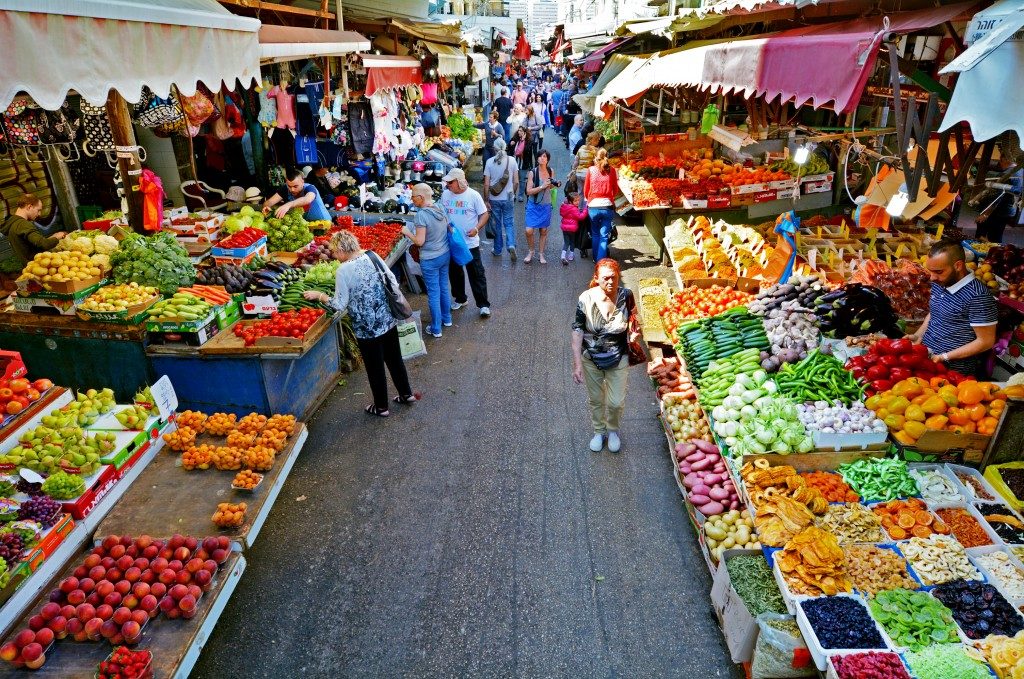Farmers have a hard time keeping their matured fruit fresh and juicy enough for an increasingly choosy market. It does not matter if it is apples, peaches or grapes. You will lose a fortune if you do not know the latest tricks that will help you land your fruit on the market in its prime condition, notes A.I.M. Sales.
Other than fighting diseases, rot and pests throughout the growing season, you have to master three important aspects of fruit production.
- Picking your fruit at the right time
- Storing it in the right containers
- Shipping it to the buyer before it is too late
Be timely when harvesting
Any fruit exported to a distant market should be harvested when it is mature but before it is ripe. This gives the fruit a chance to ripen in storage or transit to the store or market.
Letting your fruit ripen before picking puts it at risk of over-ripening before it reaches the market, attributable to the increased emission of ethylene, the natural fruit ripening gas.
Handle the fruit gently
Any bumps or bruises on your fruit will either lead to rotting or accelerate the ripening process. If the bruises or dents are not that bad, the fruit will at least be unappealing and might not make it past quality control. Do the following to ensure fresh and visually presentable fruit:
- Always use the right tools to pick and store fruits so that you can protect them from “injuries” and blemishes.
- Invest in elevating work platforms to take pickers closer to the fruit and prevent it from dropping too far to the ground.
- If fruits do drop to the ground, ensure you naturally pad the ground (with grass) or buy artificial cushions to break their fall.
- Store your fruits in protective plastic pallets or fruit bins to protect them during transit.
Taking good care of your fruits will not only increase the portion of your produce that get to the market but also fetch you higher prices. The more high-quality produce you get to the market, the higher your cash flow.

